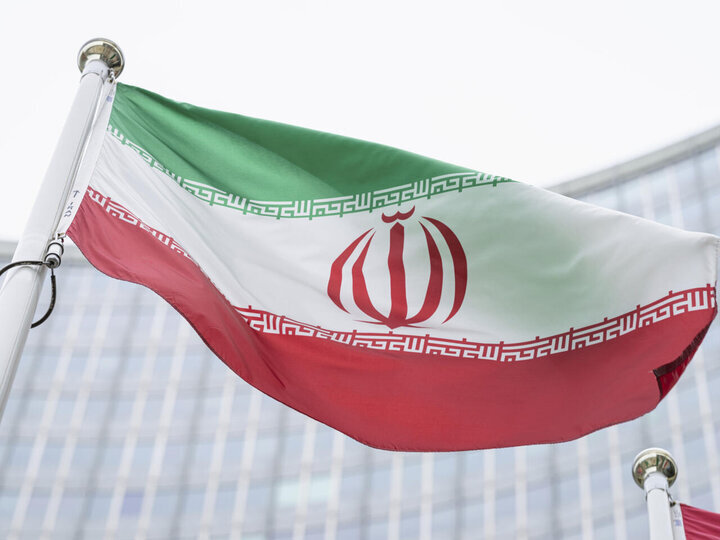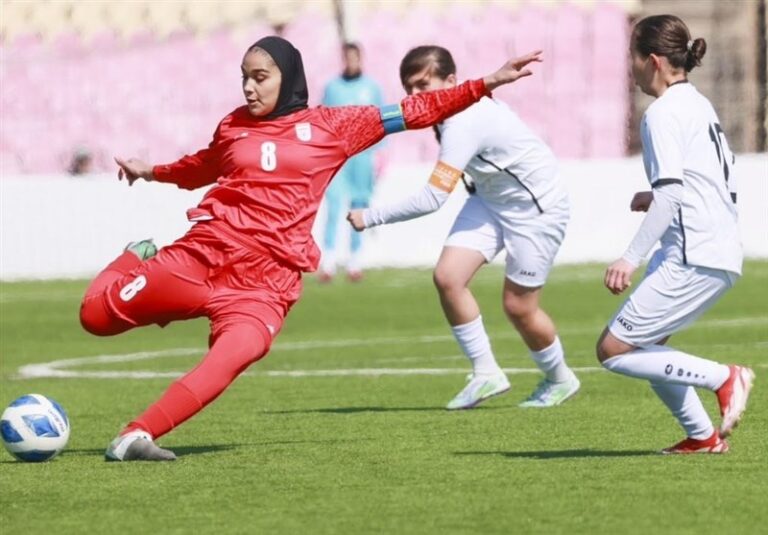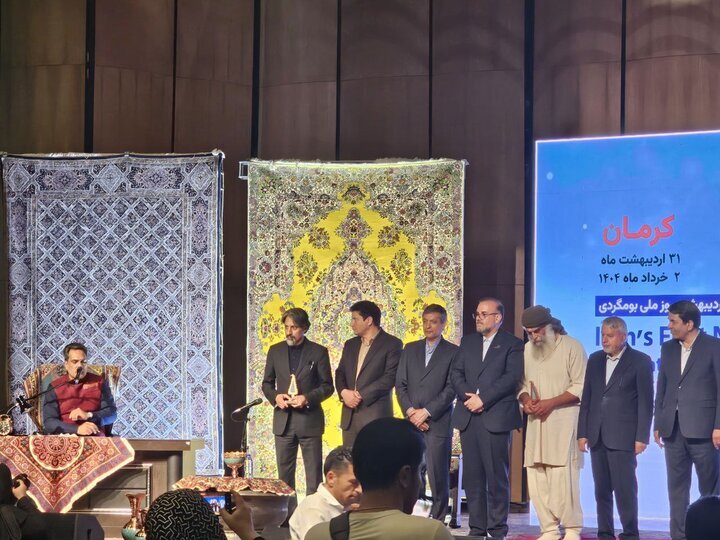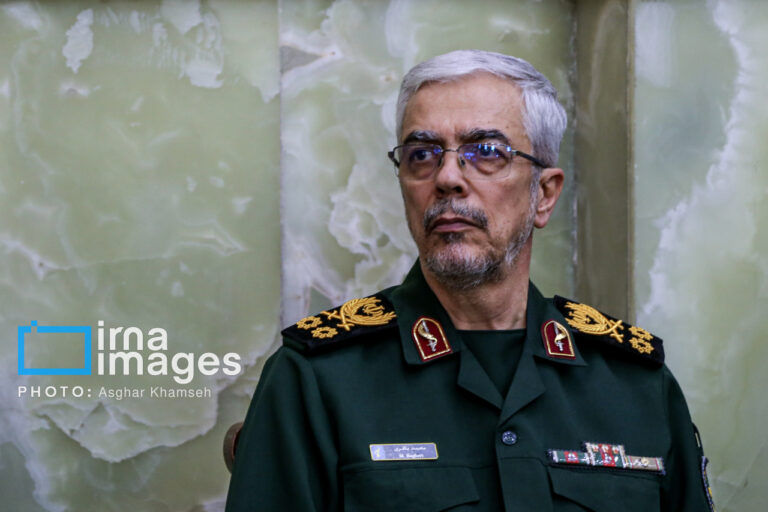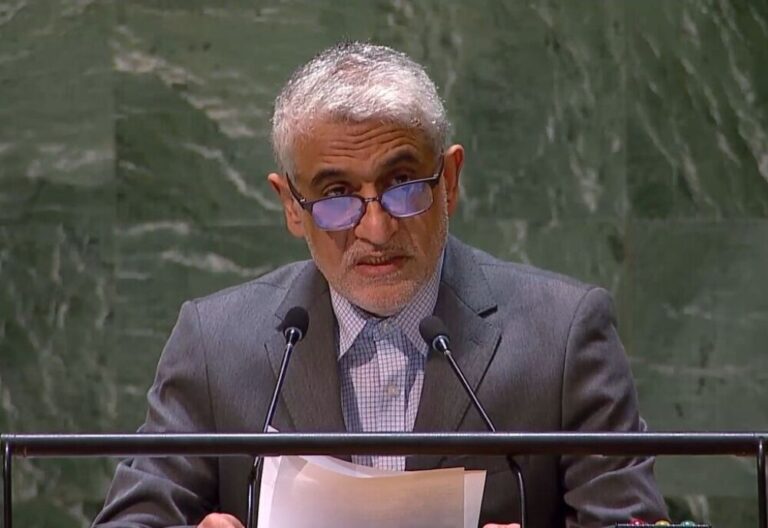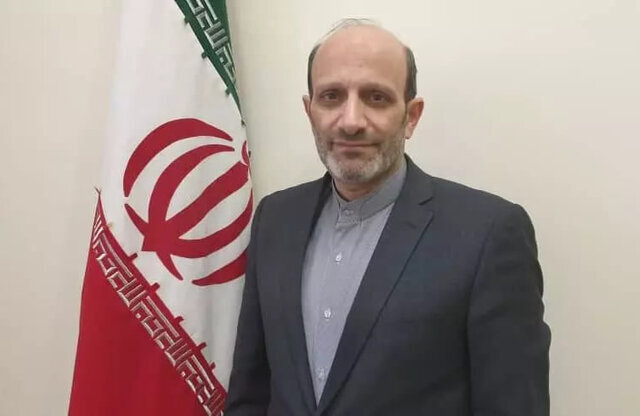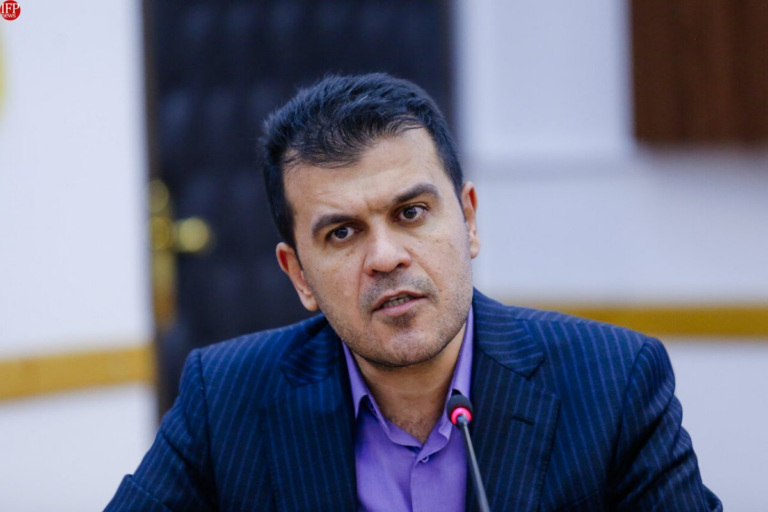Iran Condemns New Wave of US Sanctions: Tensions Escalate
In a recent statement, Esmaeil Baghaei, the Spokesperson of Iran’s Ministry of Foreign Affairs, has vocally condemned the recent U.S. sanctions that target various individuals and legal entities involved in Iran’s energy, oil, and gas sectors, as well as those participating in the nation’s peaceful nuclear program.
Baghaei characterized the U.S. sanctions as a blatant indication of Washington’s hostile stance towards the Iranian populace and its blatant disregard for the rule of law and human rights. He elaborated on the implications of such sanctions, emphasizing that they reflect a deeper structural reliance of U.S. administrations on economic pressure against developing nations. This reliance, he stated, is often utilized as a tool for intimidation and political coercion.
According to Baghaei, these actions are in direct violation of fundamental principles outlined in the UN Charter and international law. He asserted that:
- These sanctions undermine the foundations of the rule of law and free trade.
- They grossly violate the basic human rights of those affected, particularly their right to development.
- In many instances, such sanctions can be classified as crimes against humanity.
Baghaei further highlighted that the ongoing imposition of sanctions on diverse sectors of Iran’s economy is not only illegal but also represents a form of bullying. He stressed that these actions starkly contradict the U.S. claims of pursuing dialogue and negotiations, indicating a profound lack of goodwill and seriousness from the United States.
In his closing remarks, Baghaei emphasized that these unilateral sanctions imposed on the Iranian people are:
- Unlawful,
- Arbitrary, and
- Inconsistent with the core principles of international law.
He stated that such sanctions carry international legal responsibilities for the United States, which must be held accountable for the severe human rights violations resulting from these actions.
The implications of these sanctions extend beyond just economic ramifications; they impact the daily lives of the Iranian people. Many citizens are feeling the effects in several ways, including limited access to essential goods and services, rising costs of living, and restricted opportunities for development. The Iranian government views these sanctions as an infringement on its sovereignty and a challenge to its ability to operate on the global stage.
Baghaei’s remarks resonate with a long-standing sentiment among Iranian officials who argue that the sanctions are more than just economic tools; they symbolize a broader strategy to weaken Iran’s position both regionally and internationally. He contended that such tactics only serve to escalate tensions and hinder any potential for diplomatic resolution.
In the face of these challenges, the Iranian government continues to advocate for its rights on international platforms, seeking support from allies and emphasizing the need for collective action against unilateral sanctions. The situation remains tense, with ongoing debates about the future of U.S.-Iran relations and the potential for renewed negotiations.
As the dialogue continues, both sides must navigate the complex landscape of international diplomacy, with the hope that a peaceful resolution can be reached. The Iranian leadership maintains that any discussions must be grounded in mutual respect and recognition of Iran’s rights, particularly regarding its energy and nuclear ambitions.
In summary, the recent U.S. sanctions have sparked a significant response from Iranian officials, particularly from Esmaeil Baghaei, who has articulated the broader implications of these actions. As the situation develops, the international community watches closely to see how both Iran and the United States will respond to the ongoing challenges posed by these sanctions.
